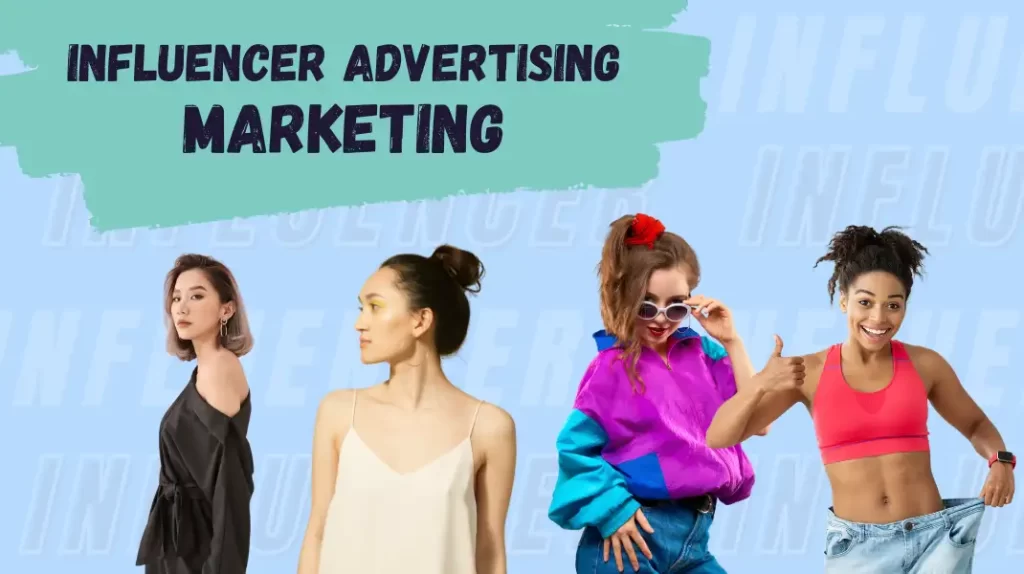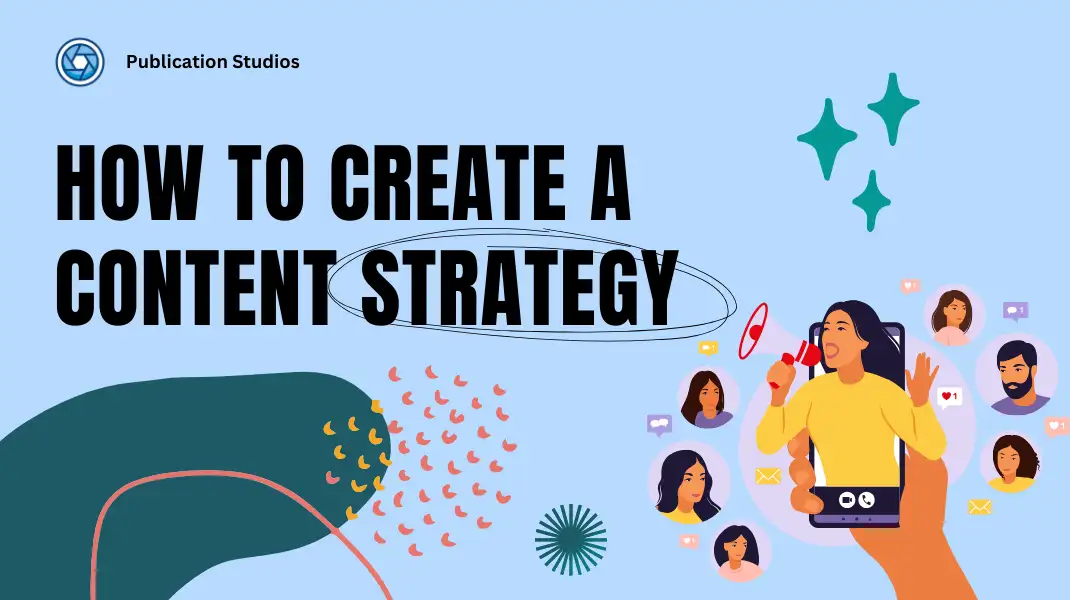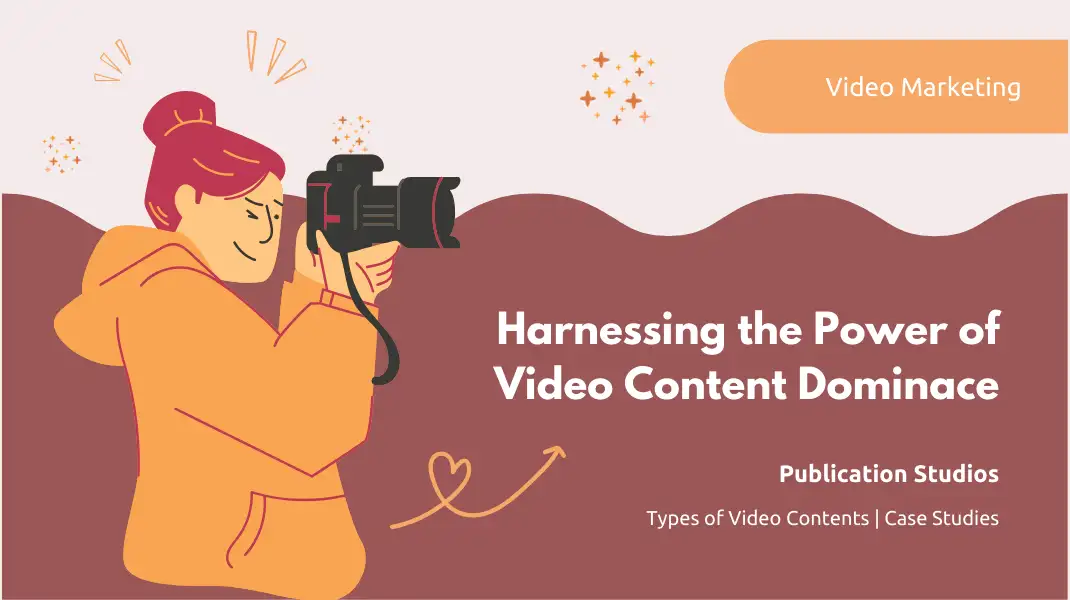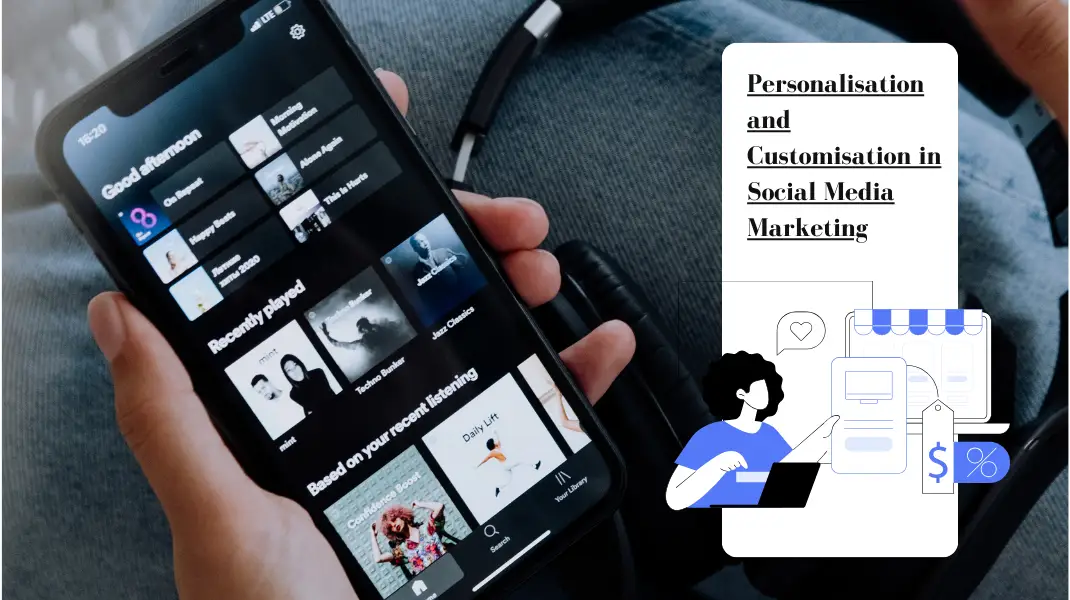Influencer partnerships have become an important element in modern digital marketing, offering businesses the opportunity to connect with audiences in an authentic and engaging way. As social media continues to dominate the digital landscape, influencers and individuals with a dedicated following and the ability to influence their audience’s opinions and behaviours have emerged as powerful marketing assets. It’s also crucial to know that how influencer marketing can impact negatively on your business.
Benefits of Influencer Partnerships
Enhanced Credibility and Trust
Influencers have built strong relationships with their followers based on trust and authenticity. Partnering with influencers allows businesses to leverage this trust, enhancing their own credibility and making their marketing messages more persuasive.
Increased Reach and Brand Awareness
Influencers often have large and engaged audiences. Collaborating with them can significantly expand a brand’s reach, introducing products and services to potential customers who might not have been reached through traditional marketing channels.
Higher Engagement Rates
Content created by influencers tends to generate higher engagement rates compared to brand-generated content. Influencers know how to connect with their audience, creating content that resonates and encourages interaction.
Access to Niche Markets
Influencers often cater to specific niches, making them valuable partners for brands looking to target particular demographics. Whether it’s fashion, fitness, tech, or beauty, there’s an influencer for almost every niche.
Cost-Effectiveness
Compared to traditional advertising methods, influencer partnerships can be more cost-effective, delivering better ROI by targeting highly engaged and relevant audiences.
Key Considerations for Influencer Partnerships
Authenticity and Alignment with Brand Values
Ensure that the influencer’s values and content style align with your brand. Authentic partnerships are more likely to resonate with the audience and achieve better results.
Audience Relevance
Choose influencers whose audience matches your target demographic. This ensures that your marketing messages reach the right people.
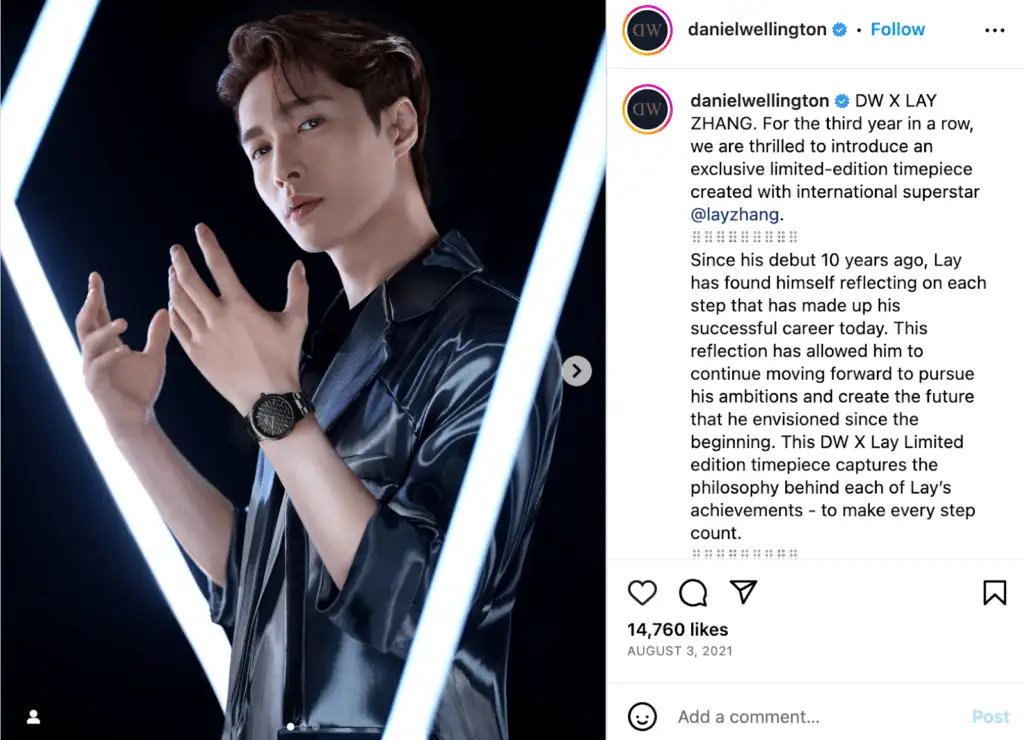
Legal and Contractual Obligations
Establish clear contracts that outline the terms of the partnership, including deliverables, timelines, compensation, and usage rights. Ensure compliance with advertising regulations and disclosure requirements.
Budget Management
Manage your budget effectively, balancing between influencer fees and other campaign costs. Consider both macro and micro-influencers to maximize ROI.
Long-Term vs. Short-Term Collaborations
Decide whether a long-term partnership or a one-off campaign best suits your objectives. Long-term collaborations can build deeper relationships and more consistent brand messaging.
Case Studies (Daniel Wellington)
Daniel Wellington, a Swedish watch brand, sought to increase brand awareness and drive sales in a highly competitive market.
Issue
The challenge was to differentiate itself in a crowded market and connect with a younger, style-conscious audience.
Strategy
Daniel Wellington adopted a broad influencer marketing strategy, collaborating with influencers across various niches. The brand provided influencers with stylish watches and personalized discount codes, encouraging them to showcase the products in their social media posts. This approach leveraged the influencers’ existing followers to spread the word about Daniel Wellington watches organically.
Outcome
The influencer campaigns significantly boosted Daniel Wellington’s visibility on social media, leading to a substantial increase in sales. The personalized discount codes not only incentivized purchases but also allowed the brand to track the effectiveness of each influencer. This strategy helped establish Daniel Wellington as a fashionable and desirable watch brand, particularly among younger demographics, and demonstrated the power of strategic influencer partnerships in driving business growth.
Case Studies (Gymshark)
A UK-based fitness apparel brand, aimed to penetrate the highly competitive fitness industry and build a loyal customer base.
Issue
Gymshark needed to stand out in the crowded fitness market and connect with fitness enthusiasts who value high-performance and stylish workout gear.
Strategy
Gymshark focused on building strong relationships with fitness influencers and athletes who embodied the brand’s ethos of dedication and performance. The brand provided these influencers with Gymshark apparel to wear and promote during their workouts, both online and at fitness events. Influencers shared their fitness journeys and experiences with Gymshark products on social media, creating authentic and engaging content that resonated with their followers.
Outcome
This influencer strategy helped Gymshark build a loyal community of fitness enthusiasts who trust and advocate for the brand. The authentic endorsements and consistent presence in the fitness community led to significant growth in sales and brand recognition. Gymshark’s ability to connect with its target audience through influencer partnerships has been a key factor in its rapid rise and success in the fitness apparel industry.
Case Studies (Shopee Singapore)
Shopee, a leading e-commerce platform in Southeast Asia, sought to boost user engagement and sales in Singapore during its annual sales events.
Issue
Shopee needed to generate excitement and drive traffic to its platform during major sales events like the 11.11 and 12.12 sales, competing with other e-commerce giants.
Strategy
Shopee collaborated with local influencers to create buzz and promote its sales events. Influencers were given early access to sales information and exclusive deals, which they shared with their followers through engaging content, including unboxing videos, live streams, and promotional posts. These influencers also hosted giveaways and challenges to further increase engagement and excitement among their audience.
Outcome
The influencer campaigns significantly increased traffic to Shopee’s platform during the sales events, resulting in record-breaking sales figures. The engaging and authentic content created by influencers helped Shopee connect with a wider audience and build stronger relationships with customers. The success of these campaigns demonstrated the effectiveness of leveraging local influencers to drive engagement and boost sales during key promotional periods.

